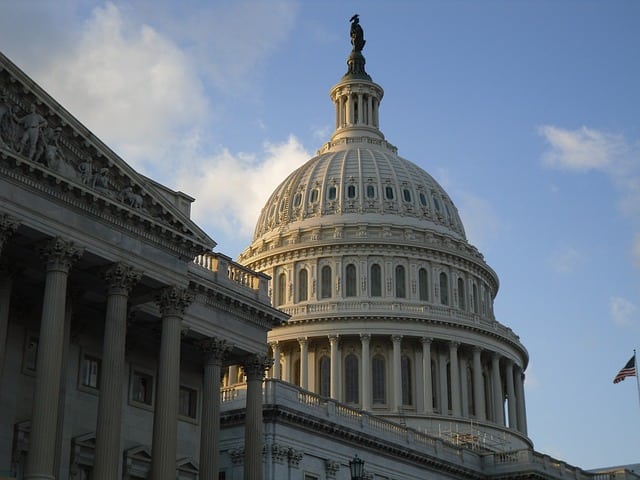Latest News

U.S. Congress
Members of the U.S. House Energy and Commerce Committee are circulating two pieces of draft legislation that seeks to modernize the FCC’s satellite licensing rules. Cathy McMorris Rodgers, R-Wash., and Frank Pallone, D-N.J., released the draft legislation on Feb. 11 for the Satellite and Telecommunications Streamlining Act and the Secure Space Act.
The Satellite and Telecommunications Streamlining Act would amend the Communications Act of 1934. It calls for the FCC to amend its satellite licensing rules, including rules around space safety and orbital debris requirements and spectrum sharing. Separately, the Secure Space Act deals with who is eligible for U.S. market access and licensing.
“American companies are at the forefront of developing and deploying broadband and other advanced communications services using satellite technologies, which is revolutionizing the communications marketplace as we know it. We must streamline our regulatory processes to usher in a new era of American innovation and investment in this growing sector, particularly as our economic competitors like China race to dominate this industry, and must ensure our laws and regulations fully protect the public,” said Rodgers Pallone.
The committee said it is now seeking feedback from all interested stakeholders on the potential legislation.
FCC Chairwoman Jessica Rosenworcel issued a statement welcoming the draft legislation, saying the FCC will help Congress in this work.
“While the FCC staff has done tremendous work in reviewing applications and simultaneously updating our rules from orbital debris to commercial space launch communications, the truth is that the laws were written to address a different satellite ecosystem,” Rosenworcel said. “I welcome this bipartisan and bold effort by Congress to take on these modern challenges to ensure we capitalize on the amazing technological and economic opportunities at hand.”
Get the latest Via Satellite news!
Subscribe Now